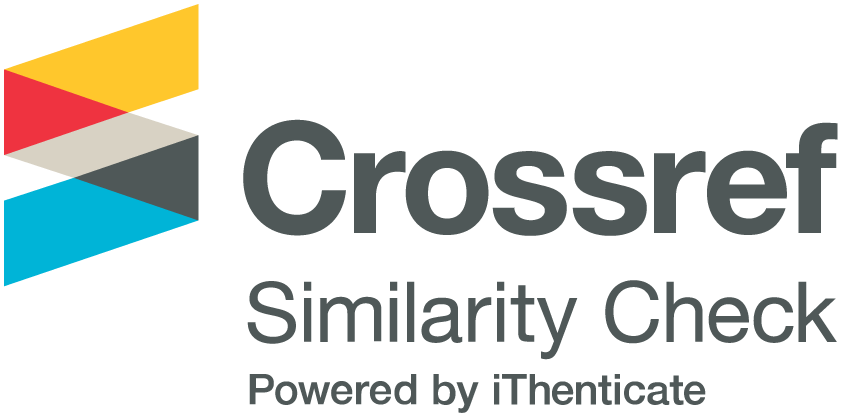Ideological Polarisation in Spain
Debate: Political Polarisation. A Multidimensional Approach
DOI:
https://doi.org/10.54790/rccs.117Keywords:
polarization, ideology, public policyAbstract
Ideological polarisation measures the degree of divergence in political identifications and opinions among different groups of citizens. Spain currently exhibits patterns of ideological polarisation comparable to those observed in other European countries. This type of polarisation has steadily increased throughout this century, leading to the formation of two distinct ideological blocs, whose potential voters differ in their positions on most key political issues. From a longitudinal perspective, polarisation on economic issues appears to have increased significantly more than that based on moral issues. This suggests that if the main divisions are concentrated along the economic axis, the potential for reaching agreements should be greater than if differences were primarily intensified in the realm of moral issues. Debates over taxation, redistribution or even immigration policy may be more manageable than moral issues related to sexual identities or abortion, where positions tend to be more deeply rooted in principles and identity.
Downloads
Metrics
References
Abramowitz, A. I. (2022). The Polarized American Electorate: The Rise of Partisan-Ideological Consistency and Its Consequences. Political Science Quarterly, 137, 645-674.
Abramowitz, A. I. y Saunders, K. L. (2008). Is Polarization a Myth? The Journal of Politics, 70/2, 542-555.
Baldassarri, D. y Goldberg, A. (2014). Neither Ideologues nor Agnostics: Alternative Voters’ Belief System in an Age of Partisan Politics. American Journal of Sociology, 120/1, 45-95.
Bartels, L. (2023). Democracy Erodes from the Top. Princeton: Princeton University Press.
Bishop, B. y Cushing, R. G. (2008). The Big Sort: Why the Clustering of Like-Minded America Is Tearing Us Apart. New York: Houghton Mifflin Harcourt.
Coller, X. (2024). La teatralización de la política. Madrid: Catarata.
Dalton, R. J. (2008). The quantity and the quality of party systems: party system polarization, its measurement, and its consequences. Comparative Political Studies, 47/7, 899-920.
Demel, S., Barr, A., Miller, L. M. y Úbeda, P. (2019). Commitment to Political Ideology is a Luxury Only Students Can Afford: A Distributive Justice Experiment. Journal of Experimental Political Science, 6/1, 33-42.
Harteveld, E. (2021). Ticking all the boxes? A comparative study of social sorting and affective polarization. Electoral Studies, 72.
Lorente, J. y Sánchez-Vitores, I. (2022). ¿Giran a la derecha? La ideología de los jóvenes españoles desde la consolidación de la democracia hasta hoy. Revista Internacional de Pensamiento Político, 17, 117-134.
Miller, L. M. (2020). Polarización en España: más divididos por ideología e identidad que por políticas públicas. EsadeEcPol Insight, 18.
Miller, L. M. (2023). Polarizados. La Política que nos divide. Barcelona: Deusto.
Miller, L. M. (2024). La polarización cotidiana en España. Revista de Occidente, 521.
Rodríguez-Teruel, J. (2021). Polarization and Electoral Realignment: The Case of the Right-Wing Parties in Spain. South European Society and Politics, 25(3-4), 381-410.
Rodríguez-Virgili, J., Portilla-Manjón, I. y Sierra-Iso, A. (2022). Cuarenta años de polarización ideológica en España. Revista Empresa y Humanismo, 25/2, 75-103.
Sánchez-Ferrer, L. y Torcal, M. (2024). Affective Polarization and Consensus Building Among Parliamentary Elites. American Behavioral Scientist.
Sartori, G. (2003). Partidos y sistemas de partidos: Marco para un análisis. Madrid: Alianza.
Simón, P. (2020). The Multiple Spanish Elections of April and May 2019: The Impact of Territorial and Left-right Polarisation. South European Society and Politics, 25, 441-474.
Torcal, M. (2023). De votantes a hooligans. Madrid: Catarata.
Weber, W. (2011). Testing for Measurement Equivalence of Individuals’ Left-Right Orientation. Survey Research Methods, 5/1, 1-10.
Downloads
Published
How to Cite
Issue
Section
License
Copyright (c) 2025 Luis Miguel Miller-Moya

This work is licensed under a Creative Commons Attribution-NonCommercial-ShareAlike 4.0 International License.










